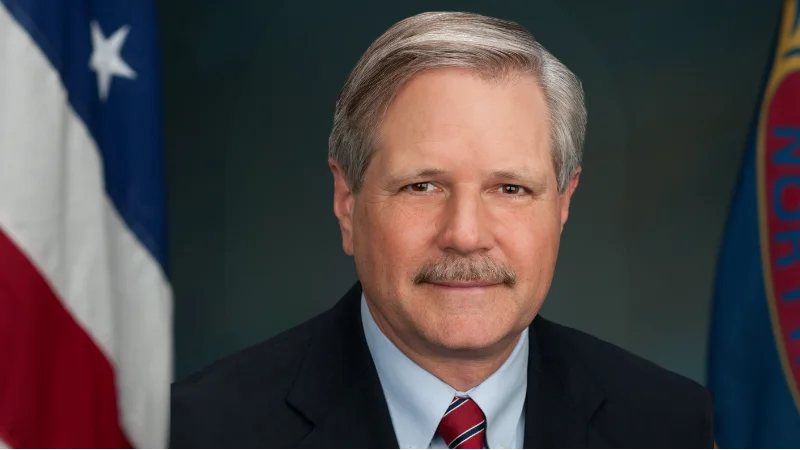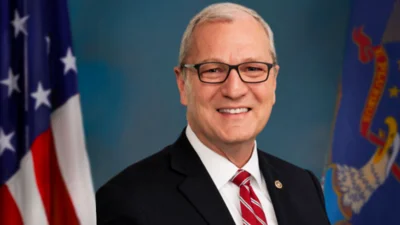Senator John Hoeven, U.S. Senator of North Dakota | Senator John Hoeven Official website
Senator John Hoeven, U.S. Senator of North Dakota | Senator John Hoeven Official website
During a Senate Energy and Natural Resources Committee hearing, Senator John Hoeven emphasized the goal of making the United States an energy-dominant nation. He addressed two nominees from the Trump administration: Katharine MacGregor, proposed for Deputy Secretary of the Interior, and James Danly, proposed for Deputy Secretary of Energy.
Hoeven explained how MacGregor, who served in the same role during the first Trump administration, and Danly, who previously held a position on the Federal Energy Regulatory Commission from 2020 to 2023, could collaborate with him to ensure the country has affordable and reliable energy access. Hoeven highlighted the need to rescind certain regulations from the Bureau of Land Management (BLM), notably the Public Lands Rule, which impacts the management of over 245 million acres of taxpayer-owned lands. He also pointed out issues with the Resource Management Plan for North Dakota, and the potential impact on federal oil, gas, and coal leases.
Senator Hoeven urged them to provide regulatory relief, improve permitting processes under the National Environmental Policy Act, and maintain the multi-use approach to federal lands. This includes their use for energy development, grazing, and tourism, as well as ensuring grid reliability by increasing access to baseload power sources like coal.
Hoeven stated, "Our vast coal, oil, and gas reserves make up our nation’s most strategic asset, and we’re committed to working with the Trump administration to roll back the policy mistakes of the past four years and make our nation truly energy dominant." He expressed confidence in MacGregor and Danly's experience from both the private sector and government agencies, stating, "They will be important partners as we work to meet our nation’s energy needs, whether it’s realizing the full potential of our taxpayer-owned energy reserves, ensuring access to reliable sources of baseload electricity or bringing CCUS technologies to full commercial viability."



 Alerts Sign-up
Alerts Sign-up